
Sight is among the most precious gifts God has bestowed upon us. Through our eyes, we perceive the stunning complexity of creation—its forms, colors, patterns, and structures. We navigate the world, recognize beauty, and comprehend reality through this extraordinary faculty.
"And it is He Who has created ears and eyes and intellects for you; very little thanks do you give." [Qur'an 23:78]
Yet how often do we truly appreciate this blessing? We take it for granted until we imagine its loss—the darkness, the helplessness, the dependence on others for basic tasks. Sight is so fundamental that we forget to be grateful for it.
But there's something deeper here, something most people never realize: you don't have just one type of sight. You have two.
Physical sight works only through light. Without illumination, your eyes—however perfect—perceive nothing. Darkness blinds even the healthiest vision. Light unveils reality; it reveals forms, shows details, makes the hidden visible.
The more light present, the clearer the image. Dim light gives vague shapes. Bright light reveals every detail. Perfect light shows things exactly as they are.
This principle—that vision depends on light—is true not just for your physical eyes but for something far more important: the eyes of your heart.
The Qur'an reveals that physical blindness isn't the real tragedy:
"So it is not the eyes that are blind, but it is the hearts in the chests that are blind." [Qur'an 22:46]
You have two sets of eyes:
Outer eyes in your head perceive the material realm—physical objects, worldly appearances, surface realities.
Inner eyes in your heart perceive the spiritual realm—deeper truths, hidden meanings, ultimate realities.
Most people develop only their outer sight. They see what's in front of them but remain blind to what matters most. They perceive forms but miss meanings. They observe the creation but don't recognize the Creator's signs within it.
This is spiritual blindness—having functional eyes but a heart that cannot see.
Just as there is light in the material realm (from the sun), there is light in the spiritual realm (from God). And just as your physical eyes need physical light to see, your spiritual eyes need spiritual light to perceive.
But here's the crucial difference: spiritual light is more powerful, more pure, more real than physical light—because its Source is closer to the Divine.
Imam al-Ghazali explains this profound truth:
"You should know that just as everything becomes manifest to eyesight through outward light, so also everything becomes manifest to inward insight through God. God is with everything and not separate from it. Then, He makes everything manifest."
Physical light shows you what things look like. Divine light shows you what things are—their reality, their purpose, their relationship to God, their ultimate meaning.
Here's where it gets even more profound. Imam al-Ghazali continues:
"It is conceivable that outward light may disappear through the setting of the sun. It becomes veiled so that shadow appears. As for the divine light (Nur) through which everything becomes manifest, its disappearance is inconceivable. Or, rather, it is impossible for it to change, so it remains perpetually with the things."
Physical light is temporary. The sun rises and sets. Lamps run out of fuel. Darkness returns regularly.
Divine light is eternal. It never sets, never dims, never disappears. It's the consciousness of God—His Will, His presence with all things. Since He is the Creator and Sustainer of everything, His light remains with everything, always.
This is why Imam al-Ghazali says "it is impossible for it to change"—because God doesn't change. Only temporal things change. Eternal realities remain constant.
This understanding forces a critical question: Which eye are you primarily seeing with?
If you see mainly with your outer eye, you perceive:
You chase lights that will inevitably set—power, wealth, fame, pleasure. These seem brilliant while you have them, but they fade, decay, and ultimately disappear. And when they do, what's left?
If you develop your inner eye, you begin perceiving:
You seek lights that never fade—faith, patience, steadfastness, generosity, wisdom. These are the lights exemplified by prophets and righteous people. These are the lights that illuminate your soul forever.
God illustrates this difference beautifully:
"And relate to them the example of the life of this world—like water which We sent down from the sky; therefore vegetation of the earth grew forth in abundance with it to become dry hay which the winds scatter; and God is the Controller of all things. Wealth and sons are ornaments of the life of this world, but the everlasting good deeds are far better with your Lord in reward and in hope." [Qur'an 18:45-46]
This world is like plants that grow lush and green after rain, then dry out and scatter in the wind. Beautiful temporarily, but ultimately turning to dust.
Wealth, children, status—these are "ornaments." They decorate your worldly life, but they're not the substance. They're not what you carry forward. They're like jewelry you wear briefly, then remove.
Everlasting good deeds—actions done for God, lights cultivated in your soul—these are what remain. These are what truly matter. These are what your inner eye recognizes as valuable.
Your outer eye sees the ornaments and thinks they're everything. Your inner eye sees through them to what's eternal.
To see with your inner eye, that eye must be clear. Imam al-Ghazali uses the metaphor of a mirror—your heart is like a mirror that reflects divine light, allowing you to perceive spiritual realities.
But what happens when a mirror is dirty, covered in dust, obscured by stains? It can't reflect clearly. The light is still there, but you can't see it properly because the mirror is blocked.
Your inner eye requires clarity from:
Delusion: False beliefs about reality, about yourself, about what matters. These distort what you see, making you perceive illusions as truth.
Satanic influence: Whispers that redirect your attention away from truth, that make evil seem good and good seem evil. These deliberately cloud your vision.
Veils of ego: Arrogance, self-deception, attachment to worldly identity. These create fog between you and reality, preventing clear perception.
When you remove these obstacles through spiritual purification—through repentance, through worship, through dhikr, through sincere seeking—your inner mirror becomes polished. And when it's polished, it reflects divine light clearly. You begin seeing what's actually real, not just what appears real.
The goal isn't to close your outer eyes and ignore physical reality. You need your physical sight to navigate this world, to function, to serve.
The goal is to open your inner eyes while keeping your outer eyes functional—to see both realms simultaneously, to perceive both the temporary and the eternal, to recognize both the form and the meaning.
When you live with both eyes open:
You see a beautiful sunset and simultaneously perceive the Creator's artistry in it.
You see suffering in the world and simultaneously understand it as test, purification, and ultimately part of divine wisdom.
You see your own life—its challenges, its blessings, its trajectory—and simultaneously perceive the spiritual growth occurring through it all.
You see other people not just as physical beings but as souls on journeys, carrying their own lights and darkness, fighting their own battles.
This is depth perception. This is seeing reality completely, not just its surface.
God mentions that we give "very little thanks" for the gift of sight. This ingratitude itself causes blindness—both physical and spiritual.
When you're grateful for your outer sight, you begin seeing more clearly. You notice details you missed. You appreciate beauty you overlooked. Your physical vision itself seems to sharpen.
When you're grateful for your inner sight—for faith, for guidance, for spiritual understanding—that sight deepens. You perceive truths you couldn't see before. Divine light illuminates meanings that were previously hidden.
Gratitude is like cleaning the lens. It removes the film of taking-things-for-granted that dulls your vision. It polishes both your outer and inner eyes, allowing light to enter more fully.
There will come a day when physical eyes close forever, when the sun sets on your worldly life and never rises again for you. On that day, only one type of vision will matter: the sight of your heart.
Those who developed their inner sight in this world will see clearly in the next. Those who lived blind to spiritual realities will remain blind—or worse, will suddenly see with devastating clarity what they refused to see before.
The Qur'an describes believers on the Day of Judgment praying: "Our Lord! Perfect our light for us." They'll be asking for the completion of the vision they cultivated in this world—for the inner sight they developed to reach its full potential.
This tells us: what you see now determines what you'll see then. Develop your inner sight here, and it will serve you there. Neglect it here, and you'll face eternal darkness despite once having had eyes that worked perfectly.
If you've been living primarily through your outer eyes, this is your invitation to open the inner ones. If you've been chasing lights that set, this is your call to seek the Light that never fades.
Clean your mirror. Remove the veils. Polish your heart through worship, repentance, and sincere seeking. Ask God to grant you insight, to open your inner vision, to let you see what your physical eyes cannot.
"O God, place Nur in my heart and Nur in my seeing."
Make this your daily prayer. And watch as reality begins revealing itself—not just what things look like, but what they mean, what they are, what they're for.
This is seeing with both eyes. This is perceiving both realms. This is living in this world while being conscious of the next.
This is what your sight was truly given for.
May God grant us vision that penetrates beyond surfaces to realities. May He open our inner eyes to perceive His light in all things. May we use our physical sight with gratitude and our spiritual sight with wisdom. May we never take for granted the precious gift of seeing—both outwardly and inwardly. Ameen.
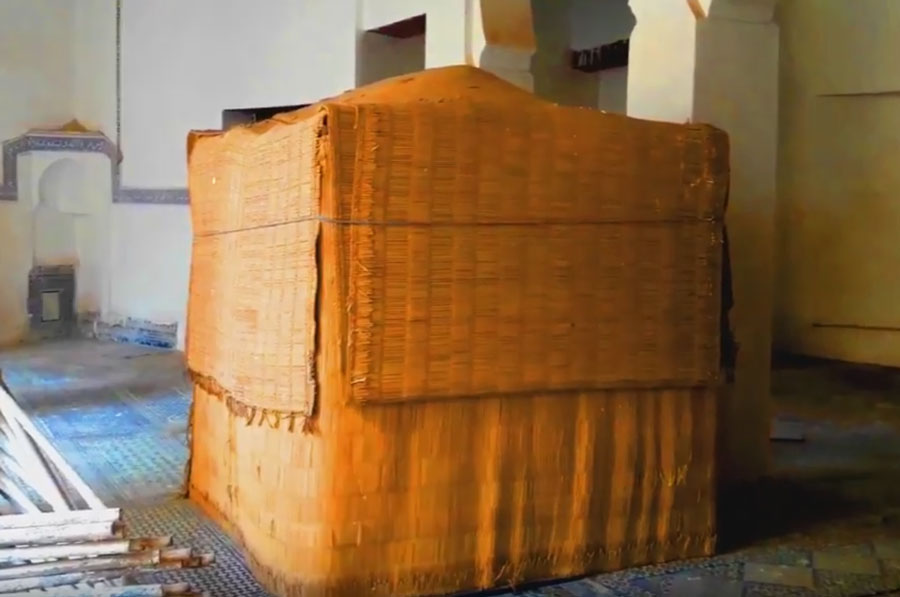
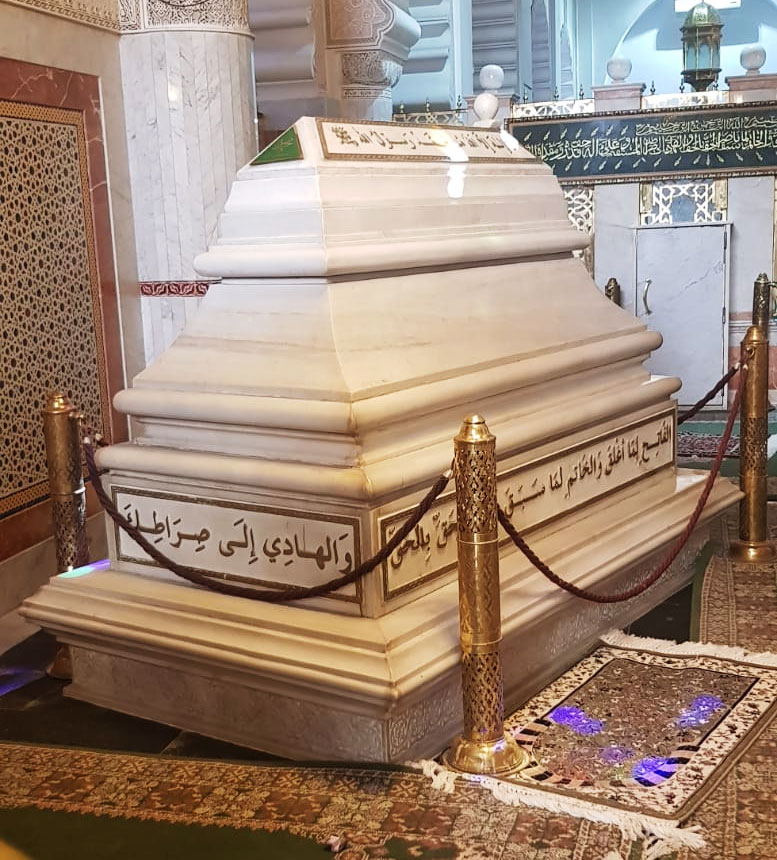

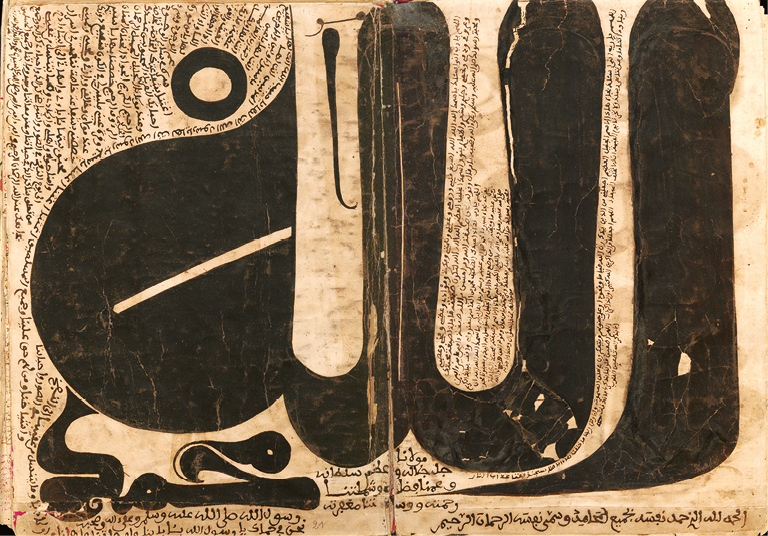
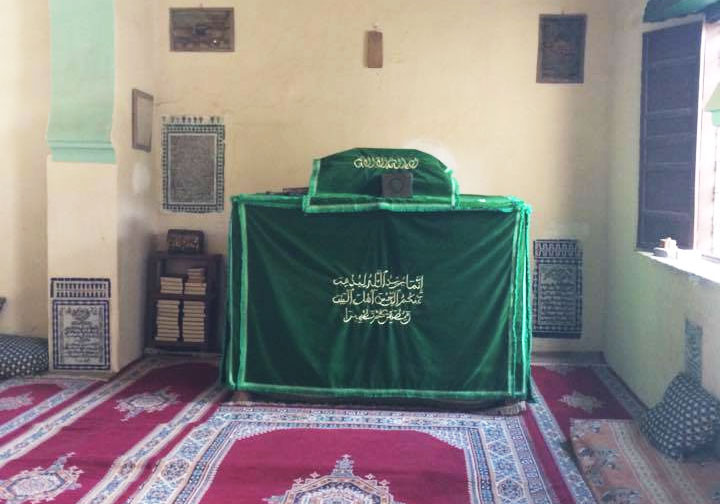

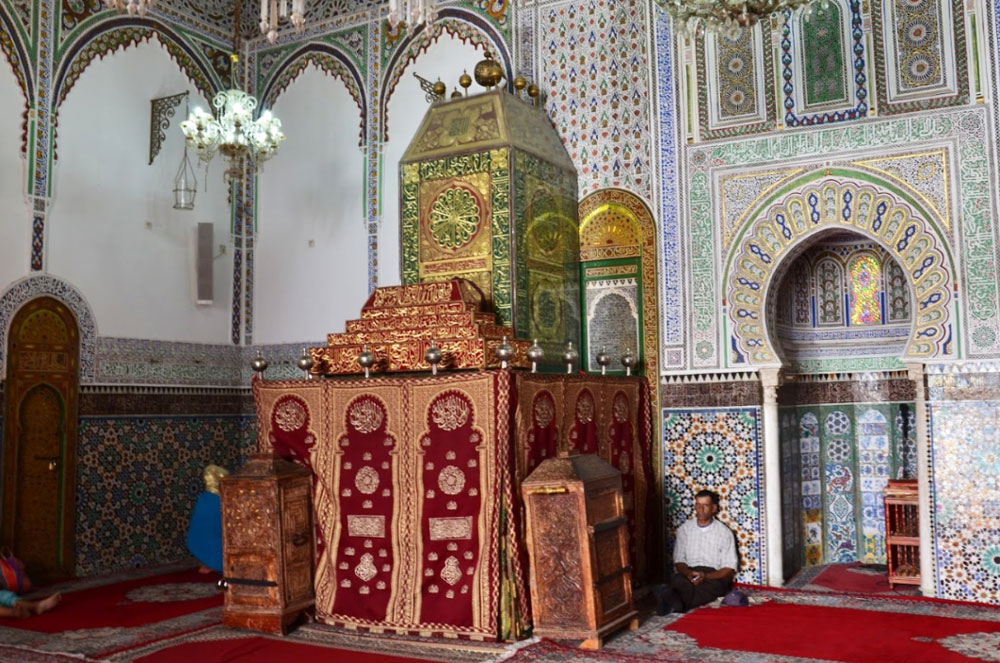
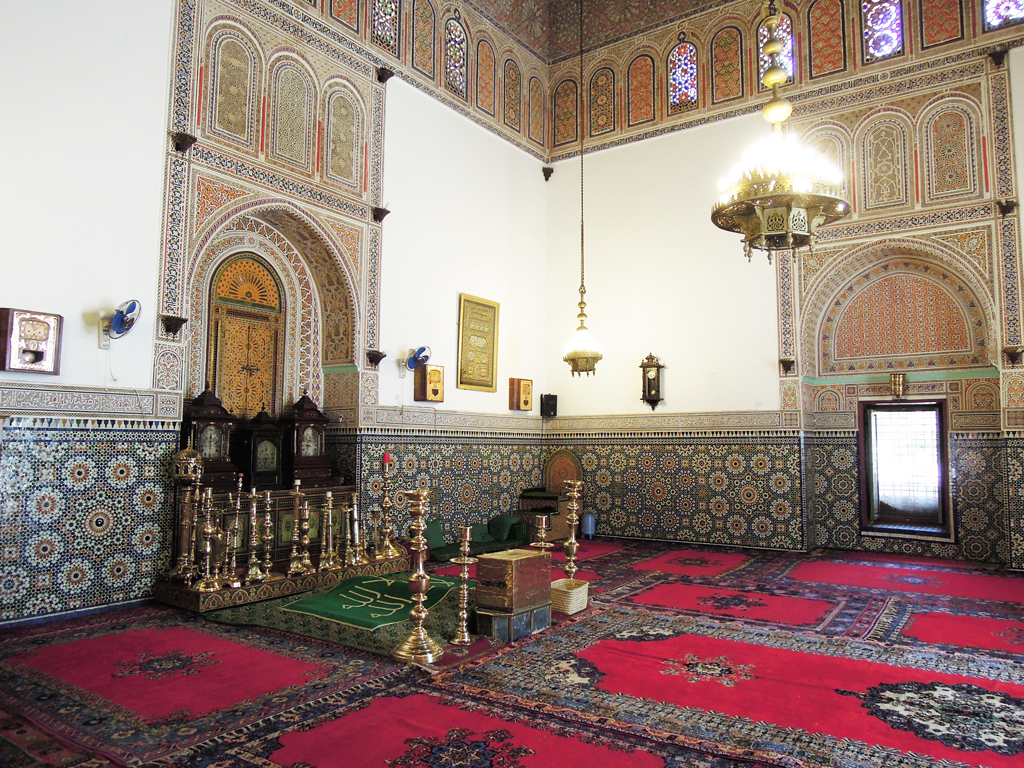





























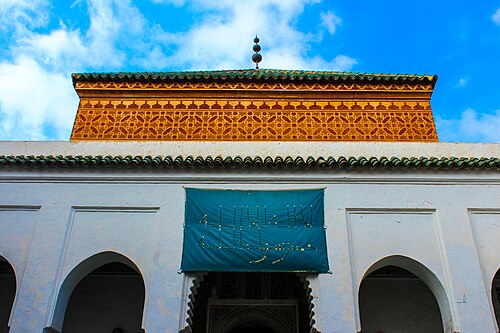
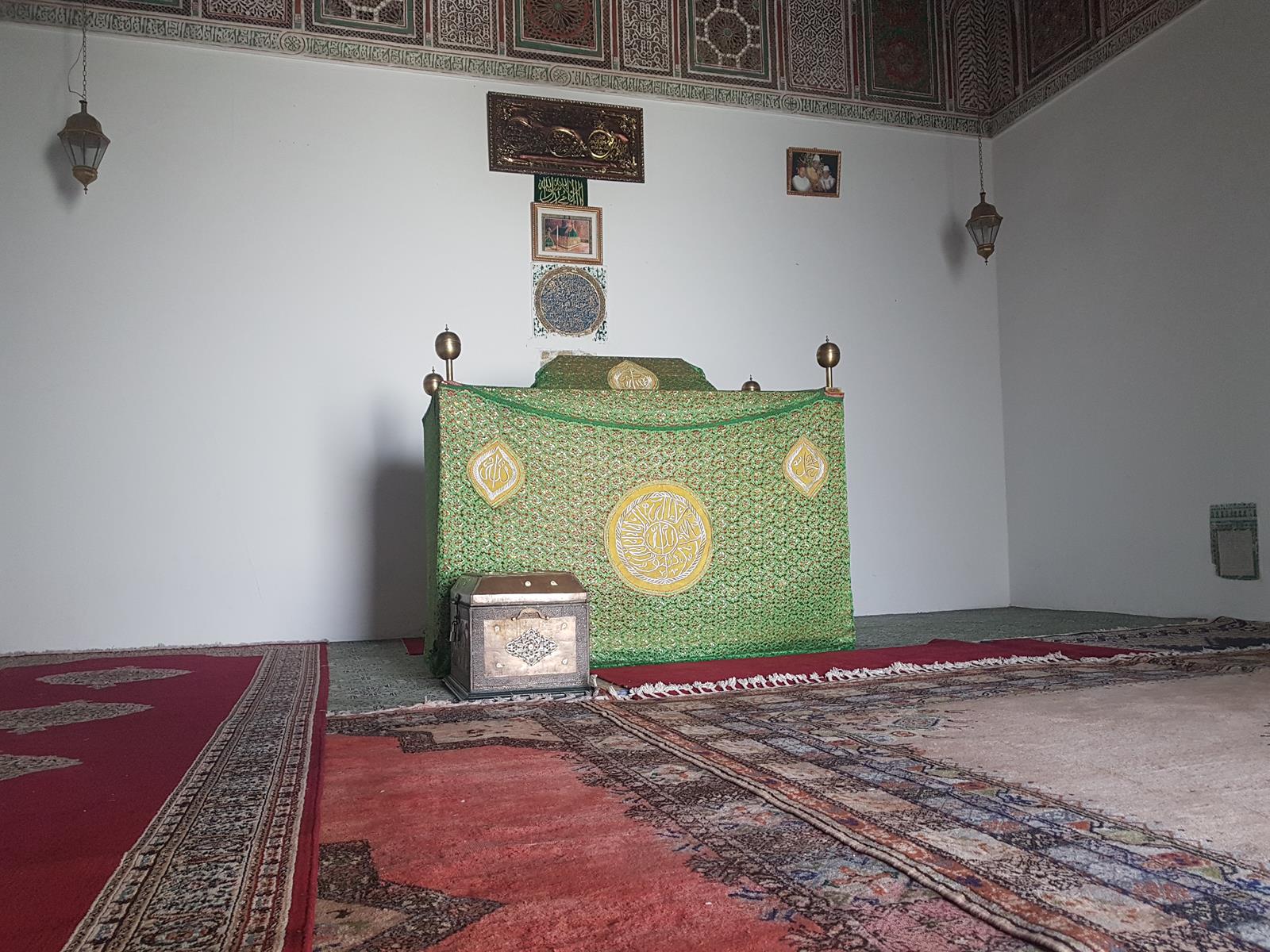




Find all our meditations on the Nur App!
Experience tranquillity through Qur'anic recitations and meditations on our Nur App and develop healthy spiritual routines to maintain your God-given Nur (light).
